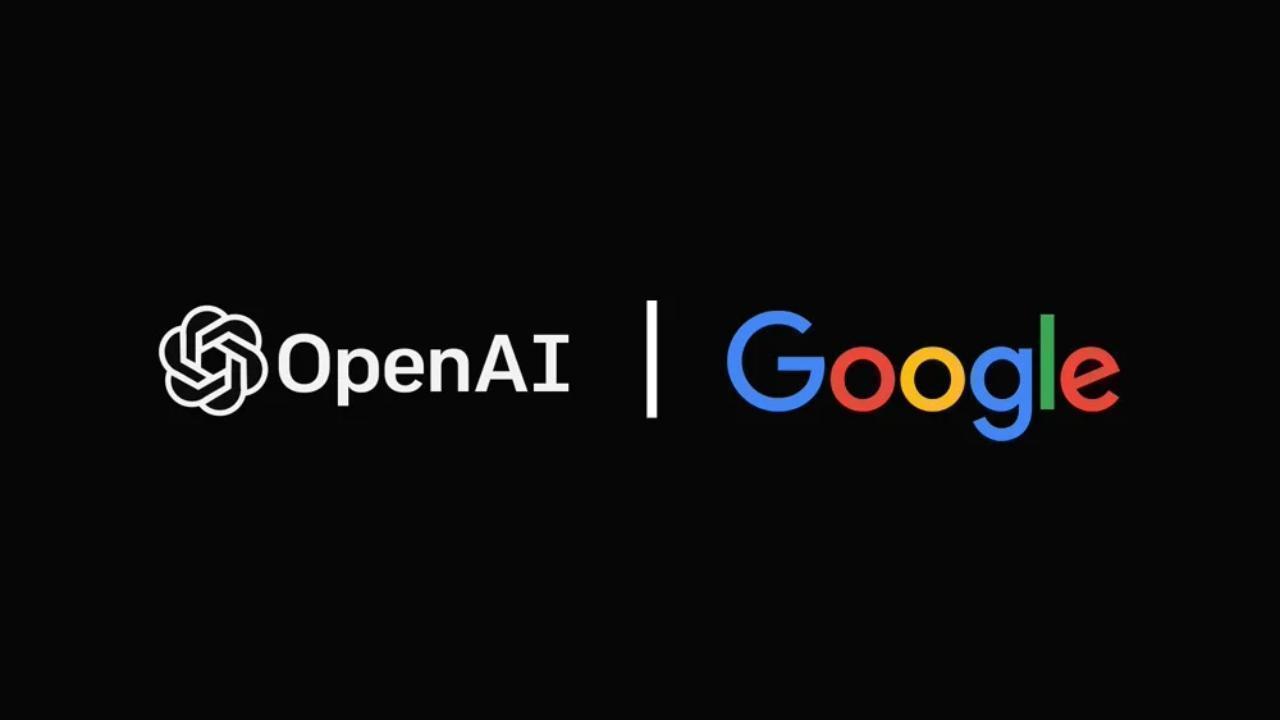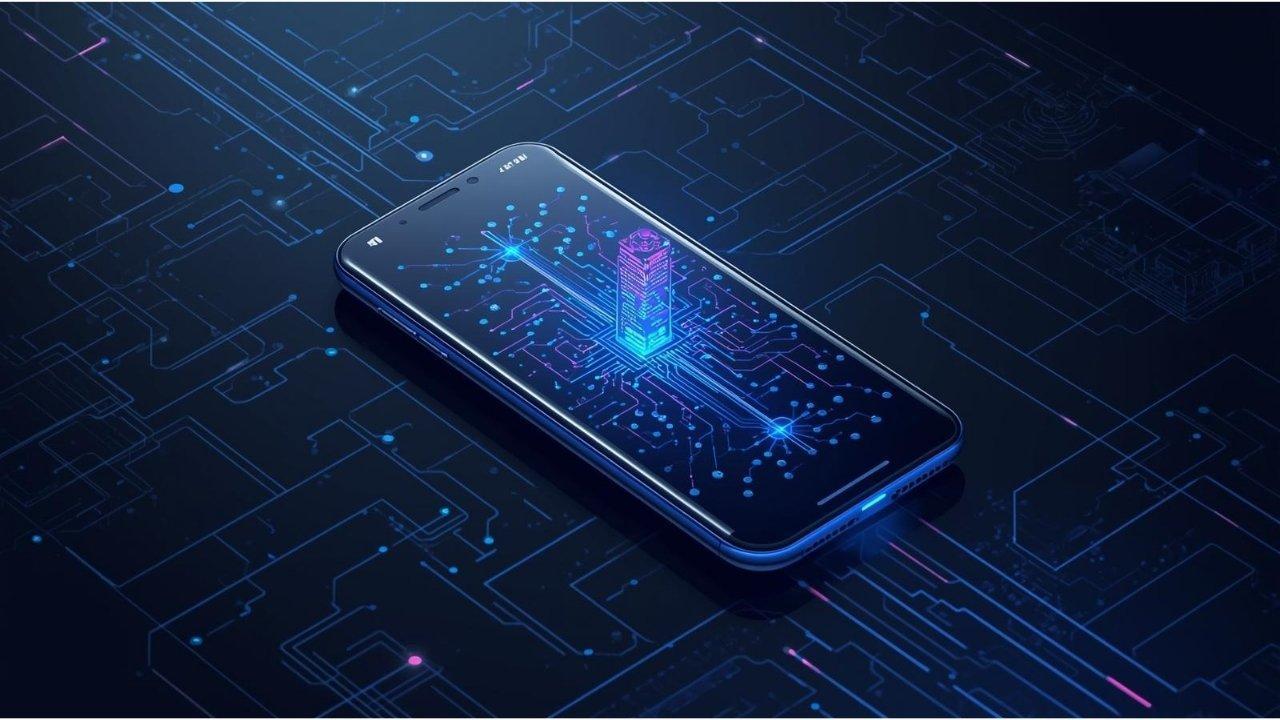You have not yet added any article to your bookmarks!

Join 10k+ people to get notified about new posts, news and tips.
Do not worry we don't spam!

Post by : Anis Farhan
Artificial Intelligence is no longer just a futuristic concept—it’s a defining force in today’s technology. At the center of this revolution are two powerful players: OpenAI and Google. What started as quiet innovation has become a fierce global contest, with each trying to outpace the other in delivering smarter, safer, and more accessible AI tools.
Let’s break down this high-stakes competition, what drives it, and what it means for everyone—from businesses to everyday users.
OpenAI grabbed global attention with the launch of ChatGPT, a conversational AI tool that feels surprisingly human. What began as an experiment is now a platform used in classrooms, offices, and homes worldwide. Powered by models like GPT-4 and GPT-4o, OpenAI’s technology can answer questions, write code, solve problems, and even assist in creative tasks like composing music or drafting stories.
One of OpenAI’s biggest strengths is its partnership with Microsoft. This collaboration has helped OpenAI scale rapidly by integrating its AI into products like Copilot for Office, Azure cloud services, and beyond. OpenAI focuses on building standalone tools and APIs that developers and businesses can customize, making its technology flexible and widely useful.
But with great power comes great responsibility. OpenAI has often found itself at the center of debates around data use, misinformation, and AI safety. The company has promised transparency and has even set up its own safety teams to address these concerns.
Google has always been a leader in AI research, but the rise of OpenAI made it clear that it needed to move faster. The answer? Gemini (formerly Bard)—Google’s conversational AI that integrates directly into products people use daily. From Search to Gmail, Docs, and even Maps, Google’s AI touches billions of users effortlessly.
What makes Google’s approach different is scale. With its cloud services, Android platform, and dominance in search, Google is embedding AI features everywhere, often without users even realizing it. This seamless integration makes Gemini a quiet but powerful competitor in the AI race.
At the same time, Google has invested heavily in AI ethics, building internal guidelines and review boards to address bias, privacy, and transparency. It has also opened up AI features to small businesses and creators, helping them benefit from the same tools big corporations use.
The OpenAI vs Google rivalry is pushing AI technology forward at lightning speed. But this progress comes with important questions:
Who controls the data these AI tools use and generate?
How do these companies ensure their AI stays safe and unbiased?
Are users getting transparency about how AI decisions are made?
For businesses, this competition means better tools at lower costs. For consumers, it means smarter assistants that can simplify tasks—whether it’s writing an email, creating a presentation, or learning a new language. But it also means staying alert about privacy, misinformation, and how much control these tech giants have over everyday digital experiences.
This is not just a battle for market share—it’s a battle to define the future of work, education, entertainment, and communication. The AI systems being built today will form the backbone of self-driving cars, virtual classrooms, healthcare tools, and even space exploration technologies. Both OpenAI and Google are laying the foundation for technologies that will touch every corner of human life.
As governments work to introduce AI regulations, the strategies these companies follow will influence how rules are made. This includes everything from AI ethics to data security and responsible innovation.
The AI race between OpenAI and Google is not slowing down. Every update, every new feature, every product launch brings us closer to a world where AI is part of our daily routines. As users, it’s important to stay informed, ask tough questions, and make choices that balance convenience with caution.
The future of AI isn’t just in the hands of these tech giants—it’s in how we, as a global community, choose to use and shape these powerful tools.
This article is produced by Newsible Asia for informational and editorial purposes only. The views expressed are based on available data as of June 2025. This content does not constitute professional advice or endorsement of any company or product.










BCCI Central Contracts Shake-Up: Kohli, Rohit Moved to Grade B as Board Reshapes 2025–26 List
Virat Kohli and Rohit Sharma have been placed in Grade B in the BCCI’s 2025–26 central contract list

Dalal Street Spotlight: Top 10 Stocks Investors Are Watching as Markets Open on a High
Indian stock markets begin the week with strong momentum, and several blue-chip and mid-cap stocks a

Market Movers Today: Key Stocks Set To Watch In Indian Markets
Indian equity markets are poised for active trading as several major companies, including Bharti Air

Milan Welcomes the World: Inside the Grand Opening Ceremony of the 2026 Winter Olympics
The 2026 Winter Olympics opening ceremony in Milan marked a defining moment for global sport, blendi

Unfolding Market Drama: Sensex & Nifty Trade Volatility Amid Budget Fallout and India-US Trade Breakthrough
Indian equity markets exhibited high volatility this week as the 2026 Union Budget triggered sharp s

Dhurandhar 2 Teaser Countdown Ignites Fan Frenzy: All You Need to Know
The highly anticipated sequel to the blockbuster Dhurandhar is building intense excitement as the Dh